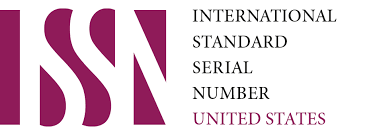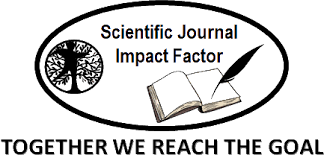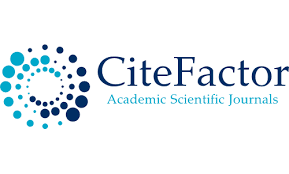Reducing and preventing health risks related to wastewater and casualty in Kabul city
Keywords:
Health risks, wastewater, Afghanistan, KabulAbstract
Globally, billions of people lack access to adequate sanitation and safe water. Due to the high population of Kabul city and also the great importance of this city, and also considering that no study has been done in this field so far, the present study was conducted to study the Reducing and preventing health risks related to wastewater and casualty in Kabul city. The data, which was collected by the standardized site, visits, questionnaire, and comparing analysis are checked and verified the process. Data entry and processing are done through the application of the Microsoft Excel programs for graphic presentation of data and ArcGIS. According to the advantageous and disadvantageous of stabilization pond, oxidation ditch, and conventional activated sludge, the priority for Kabul city is conventional activated sludge. As Kabul is the capital of Afghanistan, day by day increasing population, and one of the populated cities in the world the budget is available for development therefore conventional activated sludge a good technology, Aerobic decomposition by activated sludge. The retention time was 1.5 hours for primary sedimentation, 6-8 for aeration and 1.5 hours for final sedimentation, and a total of 0.5 days.
Downloads
Published
Issue
Section
License

This work is licensed under a Creative Commons Attribution-NonCommercial 4.0 International License.
User Rights
Under the Creative Commons Attribution-NonCommercial 4.0 International (CC-BY-NC), the author (s) and users are free to share (copy, distribute and transmit the contribution).
Rights of Authors
Authors retain the following rights:
1. Copyright and other proprietary rights relating to the article, such as patent rights,
2. the right to use the substance of the article in future works, including lectures and books,
3. the right to reproduce the article for own purposes, provided the copies are not offered for sale,
4. the right to self-archive the article.













